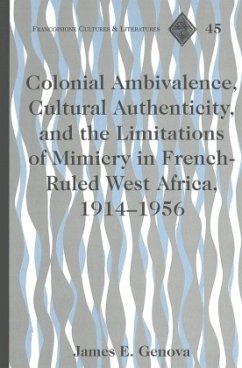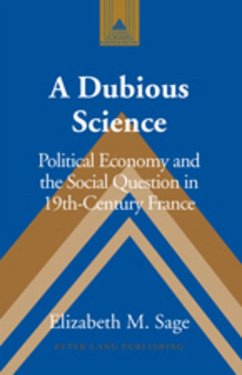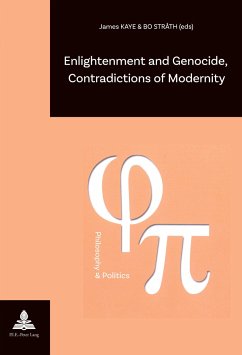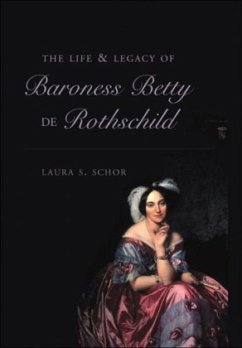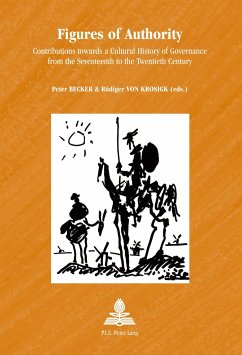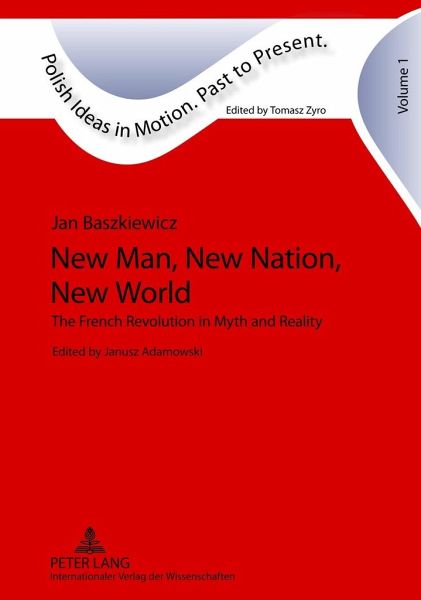
New Man, New Nation, New World
The French Revolution in Myth and Reality- Edited by Janusz Adamowski- Translated by Alex Shannon
Versandkostenfrei!
Versandfertig in 6-10 Tagen
71,80 €
inkl. MwSt.

PAYBACK Punkte
0 °P sammeln!
In this new interpretation of the French Revolution, Jan Baszkiewicz examines revolutionary attempts to "regenerate" man, France and the world in the face of deep-seated and persistent traditions. Using a broad array of primary sources - including pamphlets, diaries, police reports, and debate protocols - Baszkiewicz analyzes the tools French revolutionaries used to build a new society on the wreckage of the Ancien Régime: Spectacular holidays, reforms in family and marriage law, general schooling, the Republican Calendar, the "liberation" of public spaces, education through work, a new relig...
In this new interpretation of the French Revolution, Jan Baszkiewicz examines revolutionary attempts to "regenerate" man, France and the world in the face of deep-seated and persistent traditions. Using a broad array of primary sources - including pamphlets, diaries, police reports, and debate protocols - Baszkiewicz analyzes the tools French revolutionaries used to build a new society on the wreckage of the Ancien Régime: Spectacular holidays, reforms in family and marriage law, general schooling, the Republican Calendar, the "liberation" of public spaces, education through work, a new religion, terror and war. In the end, the great plans for regeneration failed, though the myths that surrounded those failures lived on well into the twentieth century.




